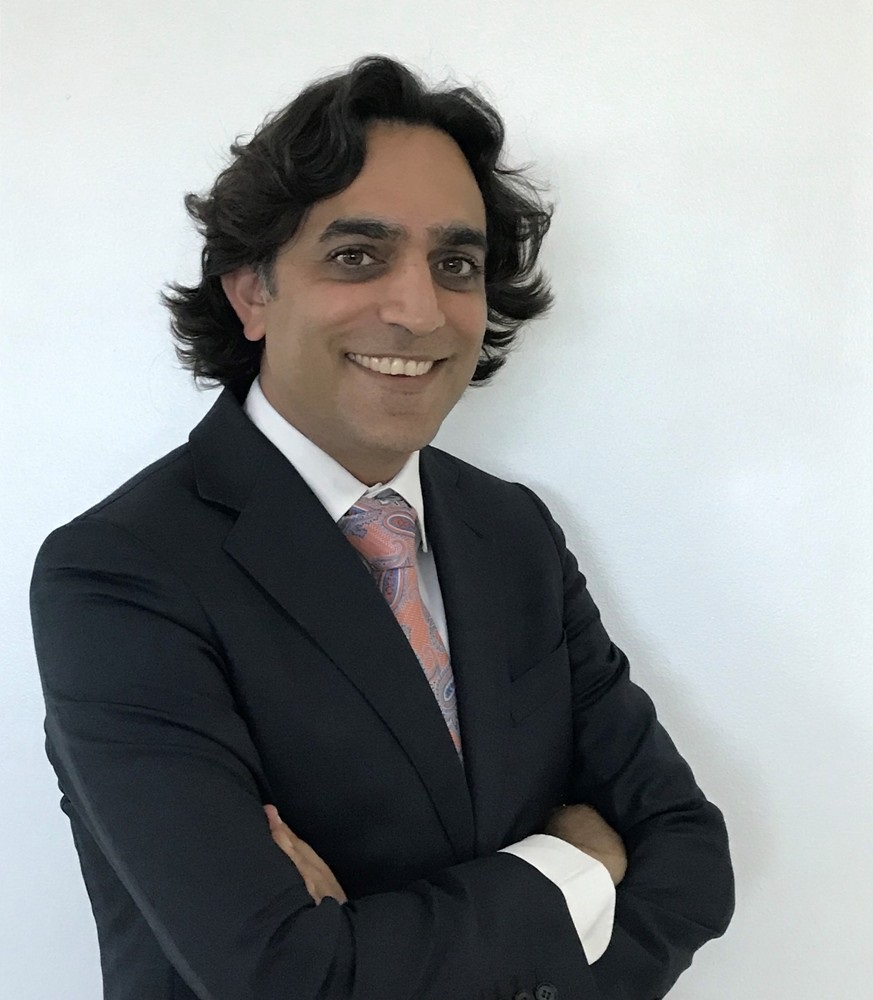[dropcap]T[/dropcap]he retirement benefit sector in Kenya had more than Ksh800 billion in assets in 2016 and is surging towards the Ksh1 trillion this year. This represents a significant amount of savings and makes retirement schemes one of the largest institutional investors in the country.
Despite its momentous size and contribution to investment capital in the country, the retirement sector is not particularly well known nor well understood by many Kenyans. In this series of articles, I will aim to demystify the industry; its operation and help individuals better understand the benefits of saving through a registered retirement scheme.
Registered retirement schemes are regulated by the Retirement Benefits Authority (RBA) under the Retirement Benefits Act and Regulations. The main mandate of RBA is to supervise the establishment and management of retirement benefits schemes in Kenya, protect the interests of members and sponsors and to promote the development of the industry.
RBA is a proactive regulator and takes its role of safeguarding members and their assets very seriously. When combined with the well-structured operational model that all registered schemes must follow, it creates a very healthy environment for the safe investment of retirement savings and stable investment growth. Given that these savings are targeted towards supporting members in their old age, retirement schemes are structured to control risk and to ensure investments are diversified and carefully monitored.
Registered retirement schemes are structured with several levels of checks and balances, with a separation of duties between various professional service providers. The scheme structure and key service providers in a registered retirement scheme are depicted below:
For starters, all registered schemes are set up under Trust. This means that the scheme is a separate legal entity from the sponsor (for example, the employer that establishes the scheme) and the assets of the scheme are not assets of the sponsor.
RELATED ARTICLES
> Radical proposals for retirement savings
> Vice Chancellor rejects a fat retirement package
> Most Kenyans not sure about the financial security in retirement
The Board of Trustees are ultimately responsible for the safe operation of the scheme and enforcing the rules of the Trust. The Board can either consist of individuals (a mix of individuals selected by the scheme sponsor and the scheme members) or a corporate trustee (a company that specialises in providing trust services). The Board of Trustees have a fiduciary responsibility to the members of the scheme and are required to ensure the rules of the scheme are enforced correctly and fairly.
Although the Board takes overall responsibility for the scheme, they delegate certain functions to professional service providers who have the capacity to undertake the functions. While the Board may delegate the function, they cannot delegate the responsibility and they must maintain oversight of their providers.
Each service provider has strict licensing requirements and provides a specific service to the scheme.
By separating the various functions amongst different licensed professionals, the risk of mismanagement, fraud, misappropriation and the like is greatly reduced.
For example, when a contribution is paid into a scheme, the funds are deposited in the Scheme’s account with the Custodian. The contribution is credited to the specific member’s account by the Administrator. The custodian will also advise the Fund Manager of the amount of funds available for investment.
The Fund Manager will determine a suitable investment, but the transaction is executed by the custodian, with the Custodian paying the seller and ensuring the safekeeping of the asset. This is all done under the watchful eyes of the Board of Trustees. When a benefit is paid from the scheme, a similar approach is taken and all payments must be authorised by the Board of Trustees.
SEE: How to retire young and very rich
The administrator must be licensed by the RBA and plays the role of the record keeper. They track the individual contribution receipts for each member; maintain the member records and books of accounts of the Scheme (which are externally audited each year). They are the main point of contact for a member who is exiting the scheme.
The custodian is effectively the askari for the scheme investments and must be licensed by both the Capital Markets Authority (CMA) and the RBA to provide custody services to a registered scheme. The Fund Manager is the investment professional who is responsible for handling the day to day investment decisions for the Scheme (but they operate within the investment criteria and constraints placed on them by the Trustees). Again, the Fund Manager must also be licensed by the CMA and RBA.
Duties are separated as the administrator maintains member records and processes contributions and benefits, while the Fund Manager makes investment decisions – all the while, the actual investments, cash receipts and cash payments are processed by the Custodian and also require Trustee authorisation.
READ: Bank to lay off 150 employees



















































![Pula Co-Founders and Co-CEOs, Rose Goslinga & Thomas Njeru. Pula provides agricultural insurance and digital products to help smallholder farmers manage climate risks, improve farming practices and increase their incomes. [ Photo / Courtesy ]](https://businesstoday.co.ke/wp-content/uploads/2021/01/Pula-Co-Founders-and-Co-CEOs-Thomas-Njeru-Rose-Goslinga.jpg)




























































Leave a comment